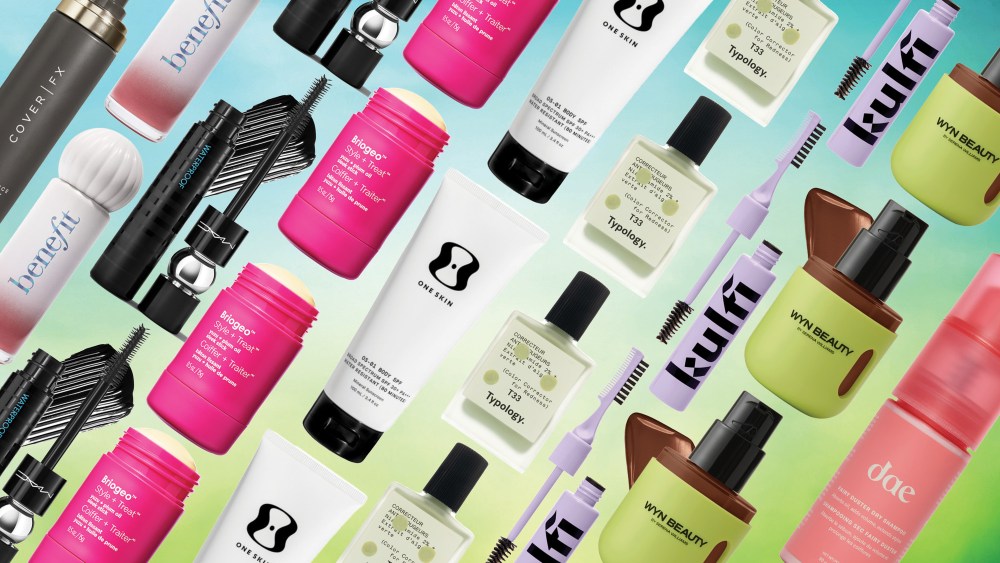Updated Feb. 28 2:13 p.m. EST
PARIS – SMCP, the owner of contemporary labels Sandro, Maje and Claudie Pierlot, is in the final stages of defining a new plan to boost its growth and profitability.
The turnaround efforts, which will be revealed in detail in April when the accessible luxury player reports its first-quarter sales, involve actions to boost growth and increase market share in a weak economic context, rebalance the portfolio geographically, especially in China, to mitigate risk, and optimize costs and protect profits, chief executive officer Isabelle Guichot told journalists during a call prior to the publication of its fourth-quarter and full-year results for 2023.
“It’s a very broad action plan,” said Guichot. “We are looking at our brands, at our store network, at untapped opportunities, like reinforcing our position in men’s and accessories,” she said. “There is a lot to do.”
She continued, “We will reallocate CapEx [capital expenditures] to the most promising regions,” she said, citing the U.S. as one area where she sees white space for the company. There are also high hopes for its launch in India later this year.
A significant rationalization of the company’s store footprint in China is expected to be one area of focus — it could close as much as 15 percent of its network there.
The company expects to reap significant benefits from the new plan starting in 2025.
Commenting on the 2023 results, Guichot said, “It was a difficult year…Our results will be no surprise, given our last warning in January.”
SMCP reported a 78.2 percent drop in its net income for 2023, to 11.2 million euros, on the back of weak sales and increased costs.
The accessible luxury group has issued several warnings on its numbers in recent months, most recently in January, when it said sales for the year would come in below previous estimates.
While its 2023 gained 2.1 percent at reported rates, to 1.23 billion euros, the company said lower than anticipated revenues in China and the slowdown in Europe, especially France, dinted its numbers in the second half. On an organic basis, total sales were up 2.9 percent
Inflation — on both store rents and staffing costs, especially in Europe — was also a factor in the decline in net profit as well as on adjusted earnings before interest, taxes, depreciation and amortization, which dropped 11.3 percent to 236.4 million euros.
The company’s domestic sales for the year fell 0.1 percent year-on-year in reported terms, to 413.2 million euros, while revenues in the rest of Europe, the Middle East and Africa were up 3.1 percent. Sales in the Americas fell 6 percent, to 173.4 million euros, although Guichot said the company had been performing well Stateside. Sales for the year in Asia-Pacific were up 10.6 percent, to 255.2 million euros.
Brand-wise, Sandro, the company’s biggest label, performed well, with its sales up 3.3 percent to 601.4 million euros. In breaking the 600 million sales barrier, “It has become a significant player,” observed Guichot.



